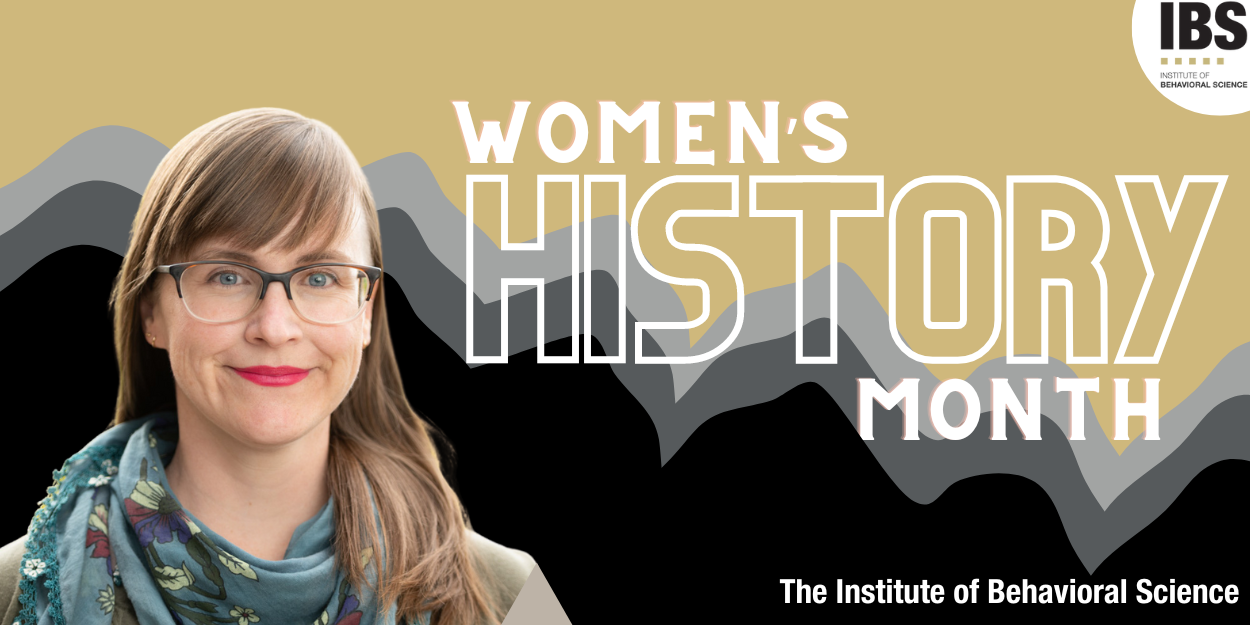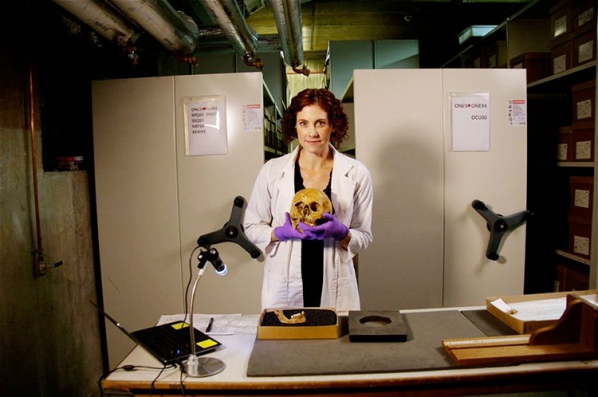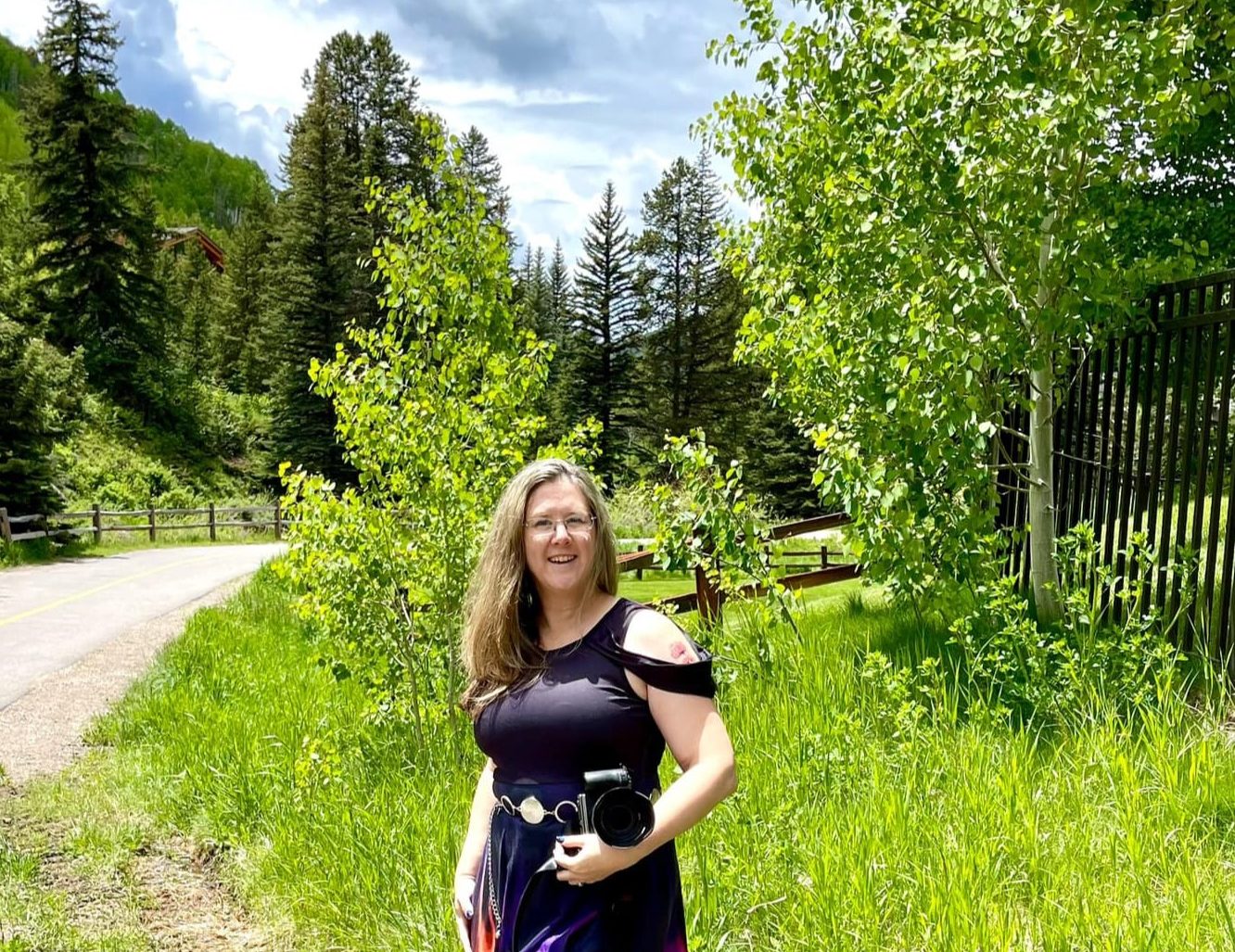Closing out Women’s History Month with our final features! Leslie Root started at IBS in March 2021 as a postdoc. She is now an assistant research professor for the CU Population Center and Population Program!
- What do you like most about your position at IBS?
Root: Team science! My dissertation was very much a solo effort, and when I was done, I wasn’t sure if academia was really the right fit for me. I’m so lucky that I had the opportunity to join the Colorado Fertility Project team, because it’s a fantastic group of people working together to do really important and innovative research. I’ve learned so much here.
2. What research project are you most excited about?
Root: Our Colorado Fertility Project work in the Rocky Mountain Research Data Center is so cool. We are able to study U.S. fertility patterns in a way that has never been possible before, and use it to study highly consequential social inequalities and the interventions that reduce them.
3. What’s one thing you hope never changes about IBS?
Root: The amazing mix of folks from different disciplines and departments! …I also secretly like those weird little beetles that get into the building when the weather gets cold.
4. What is your favorite pastime outside of IBS?
Root: In my spare time, I sing and play a few different instruments with a local choir called Planina. We perform traditional music from the Balkans, the Caucasus, and other parts of Eastern Europe and Eurasia.





